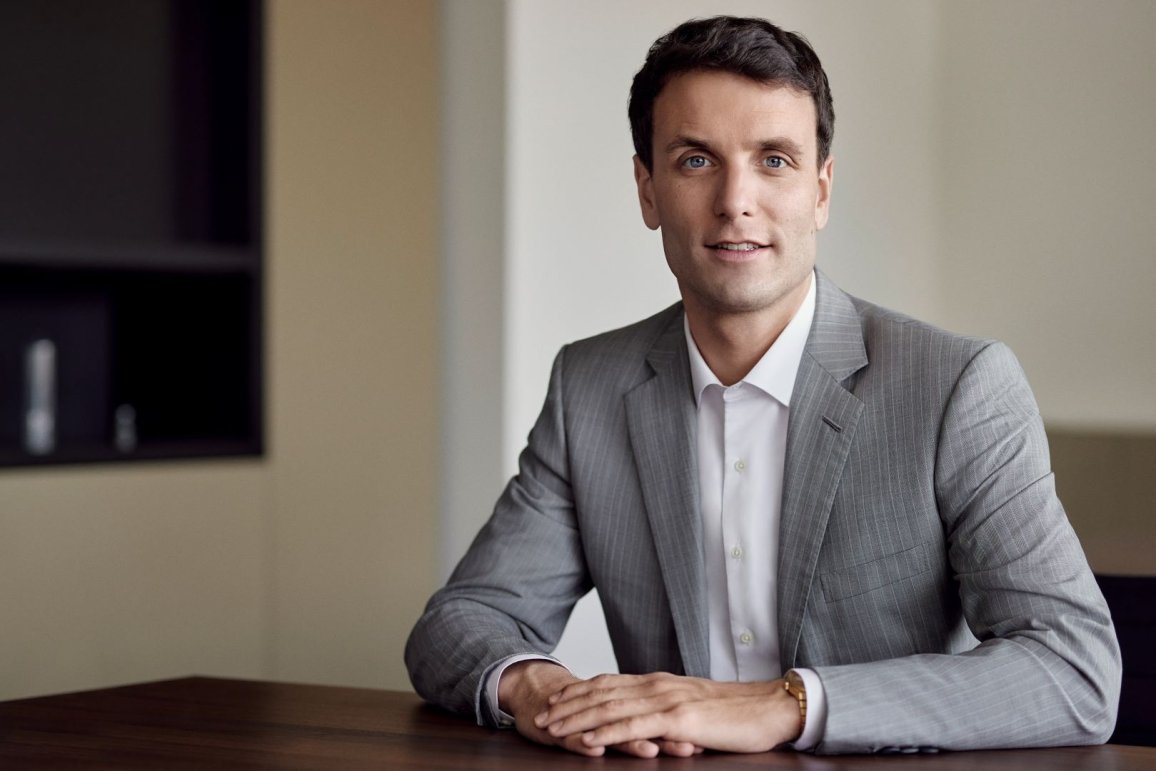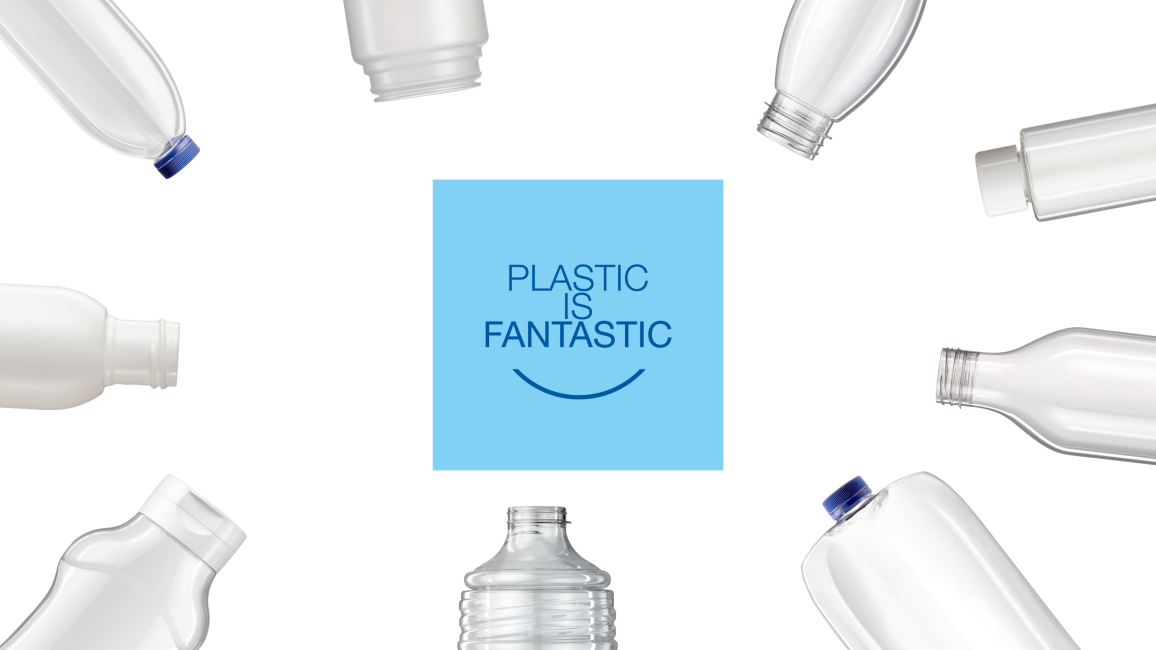For a better image: ‘Plastic is fantastic’
While many people talk about plastics needing a better image, the packaging manufacturer ALPLA is actually taking action – an interview with CEO Philipp Lehner.

ALPLA CEO Philipp Lehner
Philipp Lehner was very much committed to improving the image of plastics even before being appointed CEO of ALPLA. In an interview with K-ZEITUNG, he explains why it’s so important that SMEs actively work on the image of plastics too.
Mr Lehner, you have been heavily involved in trying to improve the image of plastics for years. Have you made any progress on this path, which is no doubt difficult?
That’s a good question. We are active in this area under the heading of ‘Plastic is fantastic’. And the specific project we use to engage with the consumers and the local press is called aVoice. We are now active with this in 15 countries and we are delighted that so many media outlets have picked up on the topic and reported on it.
This is now resulting in an ongoing exchange of data, facts and analyses, and is inspiring others to up their game and explore new avenues. We are therefore seeing ever greater interest from people wishing to hear and learn from us and engage in contact with us.
Including from the daily press and business press?
My subjective impression is that I now see more about the advantages of plastics in the daily and business press than I used to. For example, in relation to hygiene and safety. During the Covid-19 pandemic, for instance, the press, which otherwise tended to be critical of plastics, frequently reported on the benefits of plastics. We are therefore seeing a subtle trend in the direction of more positive reporting on plastics.
We are, however, also seeing another point of view about the topic still actively being presented. We as an industry need to ensure society continues to have a holistic view – and we are playing an important part in this with our activities.
You are setting a good example with ‘Plastic is fantastic’. What is the campaign all about?
For us, plastic is the epitome of safe, affordable and sustainable consumption. I don’t think it’s possible any more to launch anything in the market or trigger a consumer need that doesn’t work very well on all three of these levels – in other words, something that’s not safe, affordable and sustainable.
These days, if you compare plastics with the traditional alternatives such as metal or glass, plastic wins on all three fronts in the majority of product categories. Hence the heading ‘Plastic is fantastic’.
I think everyone understands why plastic has increased so massively over the past 20, 30 or 40 years in relation to safety and affordability. Opinion is more divided when it comes to sustainability because definitive data and facts are still to be presented and because the system for using plastics perhaps still needs a little fine-tuning here and there.

ALPLA is very much committed to improve the image of plastics under the heading ‘Plastic is fantastic’.
With regard to ocean pollution, for example …
Unfortunately, a great deal of plastic waste comes from the much-cited ten major rivers. There have also been packaging types that didn’t lend themselves well to a closed loop because the technology or demand were lacking. But these are topics that a great many companies and facilities are now working on in order that we can round out the image of plastics here too and shift the focus even more to sustainability as a unique selling point.
In terms of the carbon footprint, for example, which is currently the focus of a lot of attention. When the pros and cons of plastics are being debated, I often think of the assertion of the head of the Institute of Plastics Technology (IKT) Prof. Bonten, who likes to say that if the carbon footprint matters to you, you can’t make your products out of glass or metal …
Absolutely. The carbon footprint of a 500 ml single-use soft drink bottle made of glass is four times the size of that of an equivalent PET bottle. In other words, the carbon footprint can be reduced by 75 per cent in this case with PET. I don’t think there are many product categories with which you can achieve so much impact.
The familiar plastic bags that have been replaced by paper bags are another example. But what gets overlooked here is that producing a plastic bag generates 70 to 80 per cent less CO2 than producing a paper bag. Which makes me wonder what kind of sustainability we want to achieve with paper bags.
Discussions of this kind need to founded on data, facts and figures, rather than being based on headlines. We must all now play our part in order that the discussion founded on realistic data, facts and figures gains the upper hand.
Much like ALPLA with ‘Plastic is fantastic’ …
‘Plastic is fantastic’ is very important to me. With it, we are also appealing to the industry to step up and adopt a position. Our industry is relatively fragmented and is generally dominated by smaller businesses and SMEs. These aren’t companies that like to be the focus of attention.
But I think what it’s really about here is setting the record straight, and all input is more than welcome. As an SME on the larger side, we are taking the lead, but we also invite everyone to join us as we move head and highlight all the good things about plastic. Everyone who contributes here will help round out the consumers’ perception as well as that of the regulator. Because there are still many people who aren’t aware that plastic is part of the solution in the majority of cases.
The interview was conducted by Günter Kögel, editor-in-chief of K-ZEITUNG
Do you like our texts? Perhaps even so much that you want to use them in your own media? Then please get in touch with us beforehand!
